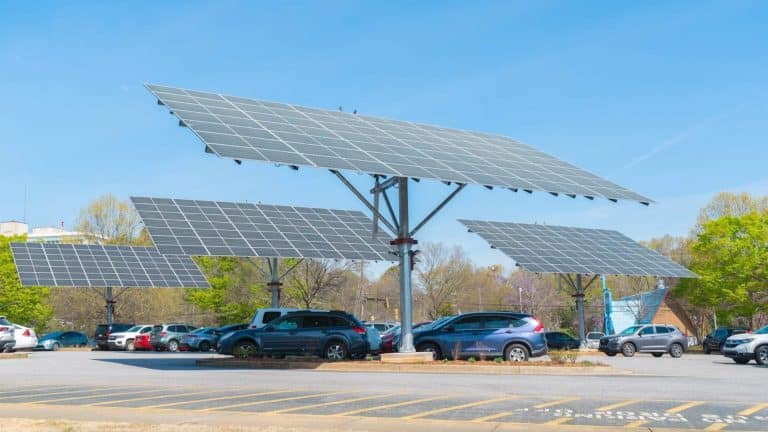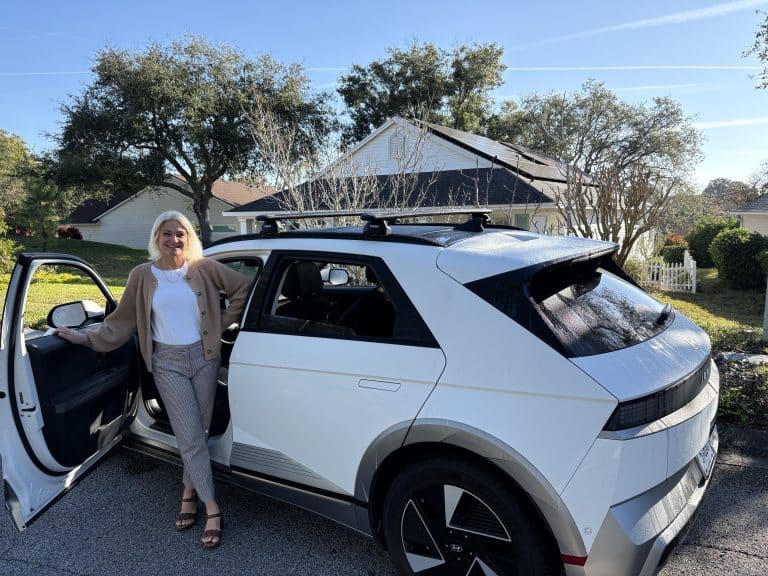The Bipartisan Infrastructure Law (BIL) includes infrastructure funding for installing electric vehicle (EV) charging stations, purchasing electric school and transit buses, electrifying trucks and ferries at the region’s ports, expanding electric micro-mobility in cities, and deploying zero-emissions vehicles in communities overburdened with transportation pollution.
A portion of the funds come directly to states as ‘formula funding’ meaning each state gets an equal per capita chunk of cash to administer in accordance with federal guidelines. But the lion’s share of the hundreds of billions of dollars available is being dolled out competitively. Thus, states have the opportunity to outcompete one another and secure abundant resources to improve infrastructure, spur private-sector investment, create jobs, and advance the clean energy economy, which in the Southeast, is booming. But, surprisingly, even with billions of dollars on the table, state lawmakers across our region are not resourcing state agencies, particularly the Departments of Transportation, to build teams that can win.
Game on
For example, in an effort to empower local communities, a $2.5 billion competitive BIL program called the Charging and Fueling Infrastructure Grant Program (CFI) allows state and local governments, federally recognized tribes and affiliated groups, planning and project organizations, and transportation providers and operators to apply directly with proposals that support zero-emission infrastructure investments in rural and underserved communities nationwide and across U.S. territories. This program is an effort to ensure BIL funding doesn’t leave any communities behind as the nation transitions to electric cars, trucks, and buses – including rural communities.
The first round of CFI funding puts $700,000,000 in play with a June 13 proposal due date. As with any competition, the competitors that show up most prepared will take home the prizes. In the case of CFI proposals, it’s all about bringing together the right partners, writing the most compelling proposal, and demonstrating a high likelihood of implementation success.
Though CFI proposals will vary widely in strategy and scope, one thing remains consistent; writing and administering any federal grant takes additional staff time, subject matter expertise, and financial resources. This fact alone threatens to keep rural communities on the sideline unless state agencies provide support, including bringing expertise to the table, writing and administering the grants, supporting project cashflow needs, and helping secure the required 20% non-federal matching funds.
The money is on the table in North Carolina
Here in the Tar Heel state, we have a front-row seat to the opportunity and challenge facing our region. North Carolina is the only state in the Southeast with unwavering gubernatorial leadership in advancing the clean energy economy, including enabling the rapid adoption of electric cars, trucks, and buses with an emphasis on ensuring equitable access to all North Carolinians. Governor Cooper’s administration understands exactly how accessing the state’s share of the billions of federal dollars available could level the playing field by making electric transportation more accessible in our rural communities.
To help compete for these funds, Governor Cooper submitted a budget to the legislature that included funding for six new NC Department of Transportation (DOT) positions to form the department’s Clean Transportation Team, which would, among other tasks, help win federal infrastructure grants to build EV chargers throughout the state’s rural communities. But both the NC House and Senate budgets stripped the approximately $800,000 requested for these positions, which very well could mean North Carolina’s rural communities will miss out on tens of millions of infrastructure funds this year alone.

But it’s not too late to fix the problem. Last week, I wrote an op-ed that was published by the Charlotte Observer and the Raleigh News & Observer, urging lawmakers to fund the new NC DOT positions and not leave rural North Carolina behind on EV charging infrastructure. As both chambers enter conference to reconcile budgets, they need to put politics aside and fund the six requested NC DOT positions.
Don’t leave money on the table and rural communities behind
This is the mantra of the moment for all Southeast states. Every state is facing the same risk and reward calculation:
- Choose not to invest in additional state agency capacity to secure federal funds and risk those funds going to the states that do, OR
- Build a team that can outcompete other states and reward yours with the resources needed to enable equitable access to EV infrastructure and ownership.
The option is available to every governor’s office to propose funding new staff and every state legislature to approve the requested expenditures. The potential return on investment is too great to ignore, and the potential harm of leaving rural communities behind is too significant to justify inaction.
Electrify the South is a Southern Alliance for Clean Energy program that leverages research, advocacy, and outreach to promote renewable energy and accelerate the equitable transition to electric transportation throughout the Southeast. Visit ElectrifytheSouth.org to learn more and connect with us.



